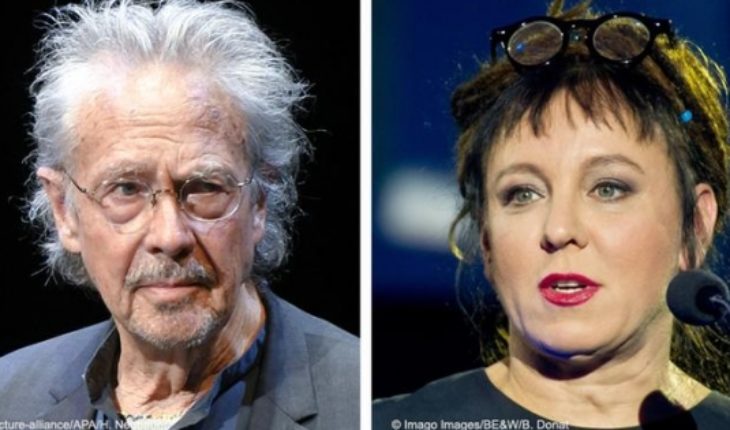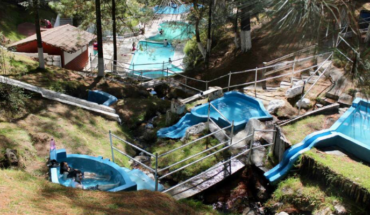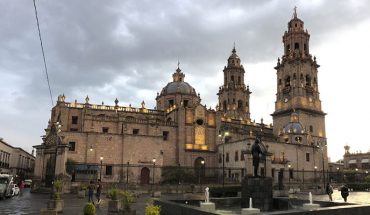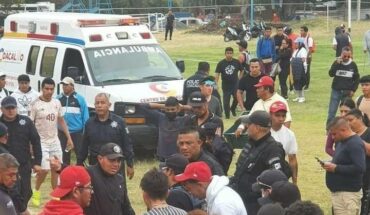The Swedish academy has opened a door for us. The awarding of the Nobel Literature Prizes of 2018 and 2019 to Handke and Tokarczuk leads us hand in hand to think that it is time to look at the 90s, reopen them and think about them, to also look in them parts of our time.
We have to look at the falls again. the 90s as a period of collapses of truncated responses and illusion explosions, it is not only the iron curtain that is unpacked like metal corroded by the fury of the times, it is also an idea of Europe that falls, there is a way to live the one that goes behind the gue Cold streak. This seems a no-brainer, gives us clues about the time that stops us, a time when optimism was co-opted, phagocycized by uneven reunifications that ended up damaging complex community identities, it is not only economy, but also economics, it is, it is understand the distance between a camp in Romania and zurich’s financial district, and understand it in the discourse of unanimity, where NATO is transverse and the invisible enemy.
But also the 90s bring us the Balkans as fire, and again the prophecy of violence, and again we saw poor peoples, rural worlds and broken life forms like glass, motivated by long hands, spread from the centers of power to which this multi-world cultures were (and they find it) uncomfortable.
And so, we walked the 90s with the images of Kusturika and the forgotten diversity in forgotten Europe, and we saw the poetry of Win Wenders seeking the transcendence of a self-absorbed human, unable to understand the beauty of the simple, drunk of city, while Angelopolus, in the Gaze of Ulysses, he shows Lenin, exhausted already, retreating, lying on a ship that crosses the inland rivers, while, again, the poor peoples, those of the river, approach the shore and dismiss him in the uncertainty of not knowing well what time that is.
Today the Swedish academy has awarded two figures of Europe in sordina, not that of the big cities or the great capital, nor London, nor Berlin, not even Warsaw, opens the door to the account of human illusions and searches of a world that does not end , in spite of everything, of leaving behind the countryside, the rivers, the forests and where to face modernity appears as a trauma, even aesthetic, where perhaps it is art, literature, the best place to look at the deep, emotional, complex reflection of a humanity that is resists losing, at least in fantasy, the refuge of being, the armor for these complex times, who would like to homologate the Europe of rivers to the Middle Ages and the 90s to a one-voice story.
The content poured into this opinion column is the sole responsibility of its author, and does not necessarily reflect the editorial line or position of El Mostrador.





